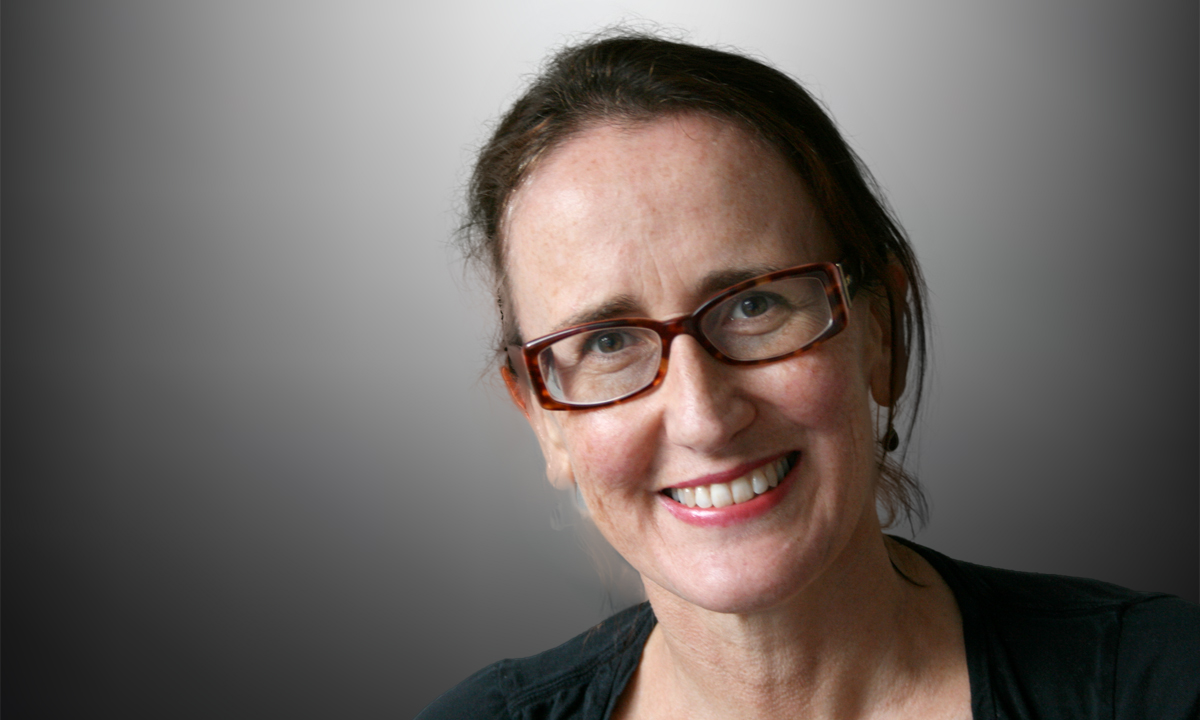IT makes for good television drama: the terminally ill patient whose last chance is to be enrolled in a groundbreaking clinical trial.
Emotional pleas are made, strings are pulled, every contact exploited to achieve the happy ending: enrolment in the trial.
Except, not really. Even if the patient manages to avoid being randomised to the placebo arm, there’s no guarantee an experimental treatment will work in this particular person, or indeed in any person at all.
But for people who have reached the end of the line with established medical approaches, the boundary-pushing trial may well be their only option. Many trials have far more applicants than they can accommodate as a result.
Obviously, the primary consideration when deciding who to enrol in a trial is scientific integrity: ensuring that the number and range of participants is sufficient to provide reliable and generalisable results.
But, once those requirements are met, how are researchers to decide which patients should get the opportunity to participate?
Should it be the patient who happens to know the managing director of the pharmaceutical company? The one whose doctor is the strongest advocate for their case? The youngest person? The parent of young children? Or the patient whose disease is most immediately life-threatening?
Researchers from the University of Washington have attempted to establish an ethical framework around such agonising decisions, particularly in relation to what they call “breakthrough therapies” – those that show a dramatic benefit in early studies.
When the treatment being studied is likely to offer a substantial benefit over existing treatments, the lines between research and health care blur, they argue.
And that raises questions about whether people in desperate situations have a “right” to access experimental treatments.
“Although people may not be entitled to receive an experimental resource, they are entitled to a fair selection process,” the US authors write.
The stronger the evidence of benefit for a particular treatment, the more “ethical issues of fair allocation” arise in relation to participation in trials, they argue.
We may not have always got that right in the past.
The authors cite the development of a breakthrough therapy for end-stage kidney disease in the 1960s, the arteriovenous shunt that made it possible for people with permanent renal failure to stay on haemodialysis indefinitely.
When demand for the experimental treatment in Seattle exceeded supply, a lay committee was convened to select from patients who had already met medical and financial criteria.
“A common criticism of the selection process was that it reflected the committee’s own middle-class suburban value system, ruling out creative non-conformists, and thus making the Pacific Northwest ‘no place for a Henry David Thoreau with bad kidneys’,” the authors write.
Leaving aside potential discrimination against dreamers and intellectuals, similar access concerns were raised around early trials of azidothymidine (AZT) for HIV infection and, in the 1990s, around trials of imatinib for chronic myeloid leukaemia.
More recently, others have raised questions about who should be first in line to receive experimental Ebola treatments.
The University of Washington authors seek to deal with that question of “fair allocation” in relation to trials of chimeric antigen receptor for acute lymphoblastic leukaemia, a personalised treatment that has shown considerable promise in children and young adults with relapsed or refractory disease.
The first factor to be considered would be the likelihood and magnitude of benefit to the patient (where this could be reliably estimated).
Those considered likely to benefit would then be ranked on a “sickest first” basis, with priority given to those facing imminent death or serious injury or disability.
Any remaining places should be randomly allocated, the authors argue, explicitly rejecting a first-come, first-served approach as this “tends to favour wealth, power and connection, giving de facto priority to those who are well off, well informed, can travel more quickly and can queue for interventions without competing child care or employment concerns”.
It pays to be wary when claims of dramatic benefit are made on the basis of early trials, especially when risks may be as uncertain as benefits. Genuine breakthrough treatments are rare.
But when desperate patients are pleading for places on trials, it is important that selection processes be as fair and transparent as possible.
And that shouldn’t be beyond our capacity.
After all, as Henry David Thoreau wrote: “All things in this world must be seen with youthful, hopeful eyes.”
Jane McCredie is a Sydney-based science and health writer.
To find a doctor, or a job, to use GP Desktop and Doctors Health, book and track your CPD, and buy textbooks and guidelines, visit doctorportal.

 more_vert
more_vert